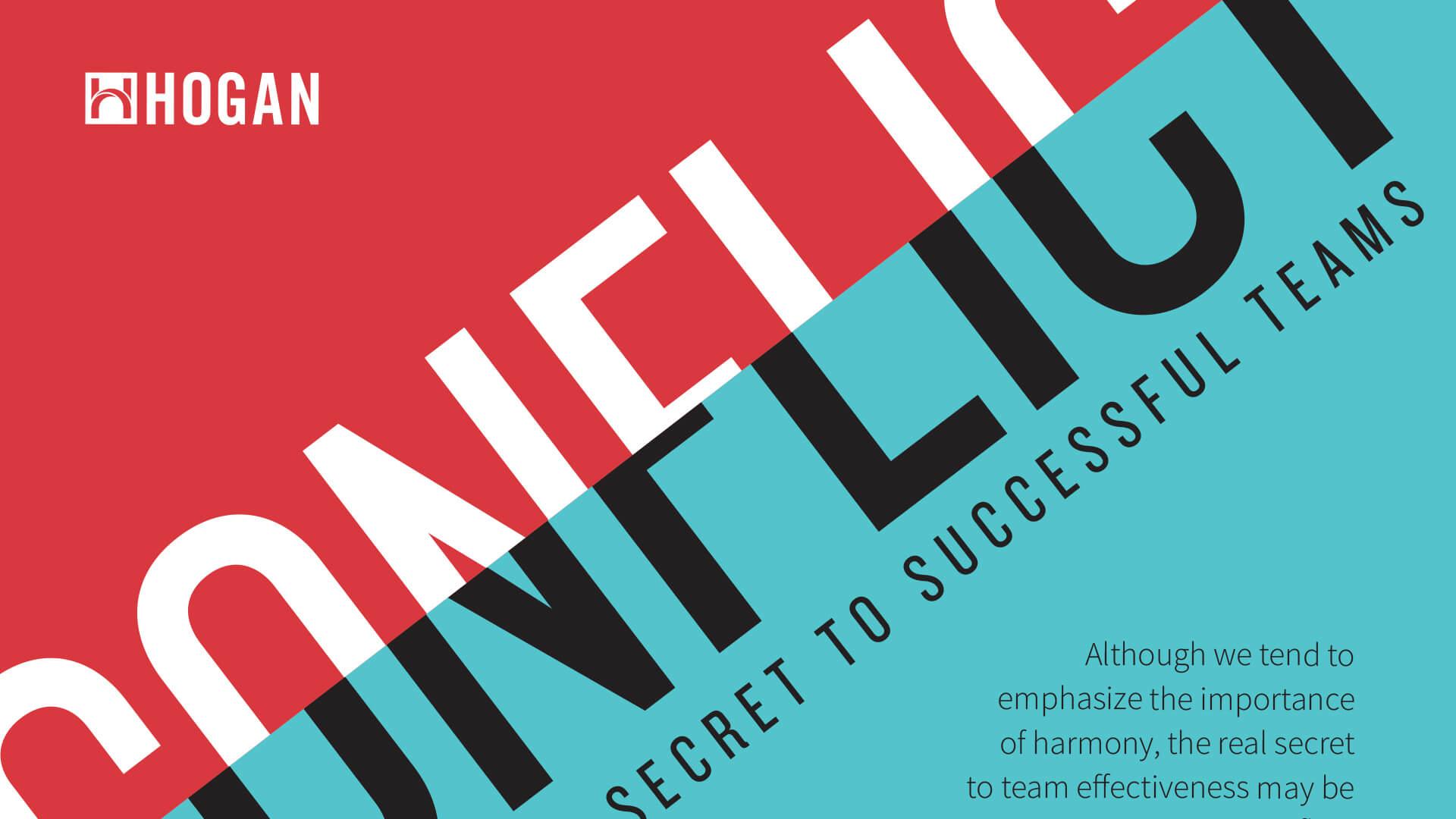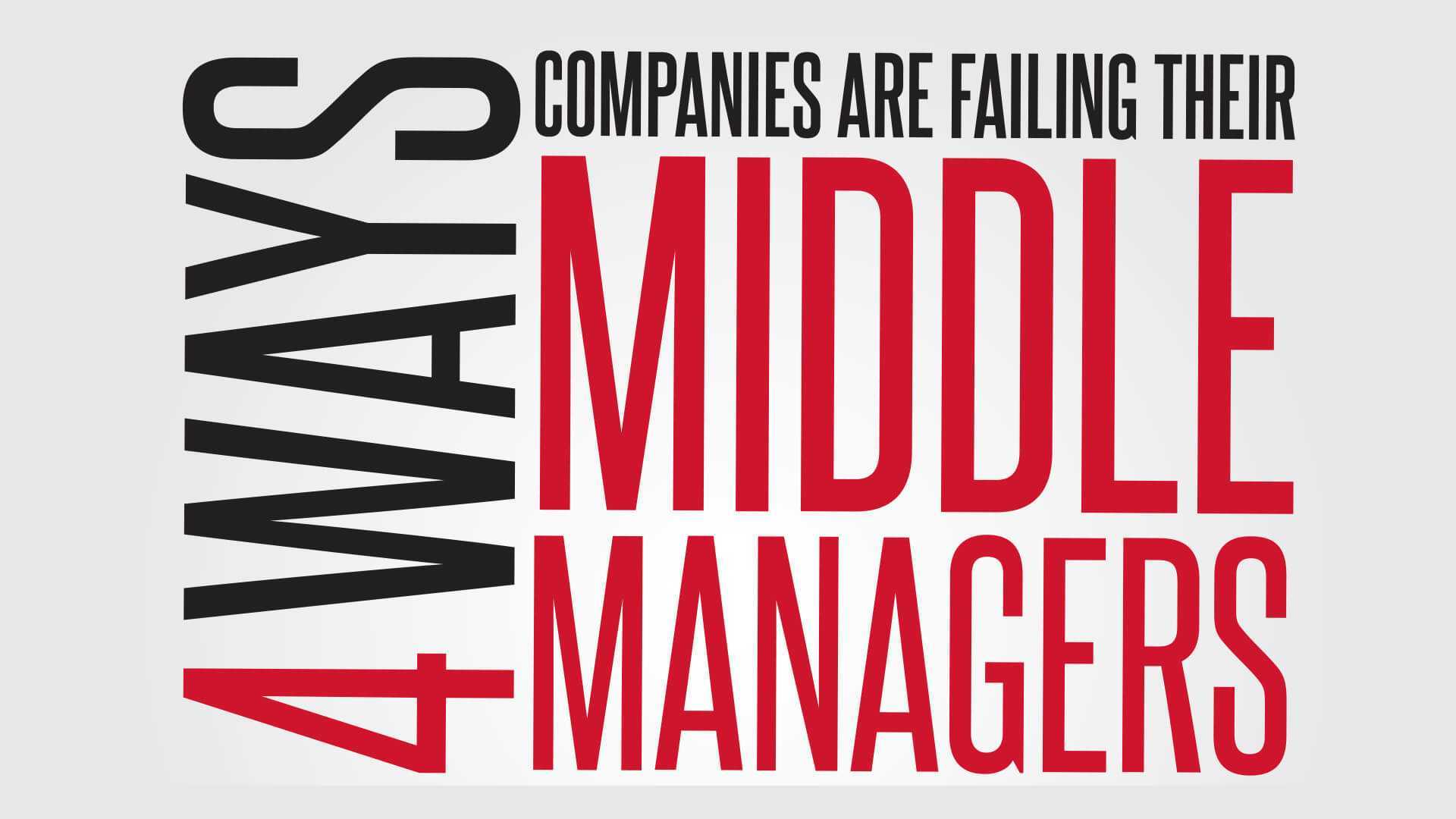Do other people know you better than you know yourself?
“The key to success is bringing your identity in line with your reputation,” said Chamorro-Premuzic. “Showing people objective data regarding their reputation – through personality assessments, 360° feedback, or otherwise, can give them a realistic view of how others view them, which they can use to adjust their behavior.”

RSG Admin
Deloitte’s Global Human Capital Trends Report 2016, which reports the findings from a survey of more than 7,000 business leaders in 130 countries, showed that companies are placing a new emphasis on deconstructing their traditional hierarchical structures, “decentralizing authority, moving toward product- and customer-centric organizations, and forming dynamic networks of highly empowered teams that communicate and coordinate activities in unique and powerful ways.”

RSG Admin
Today, technology empowers small businesses to compete with the world’s corporate giants in the global marketplace, and social media allows public opinion to turn on a dime.

RSG Admin